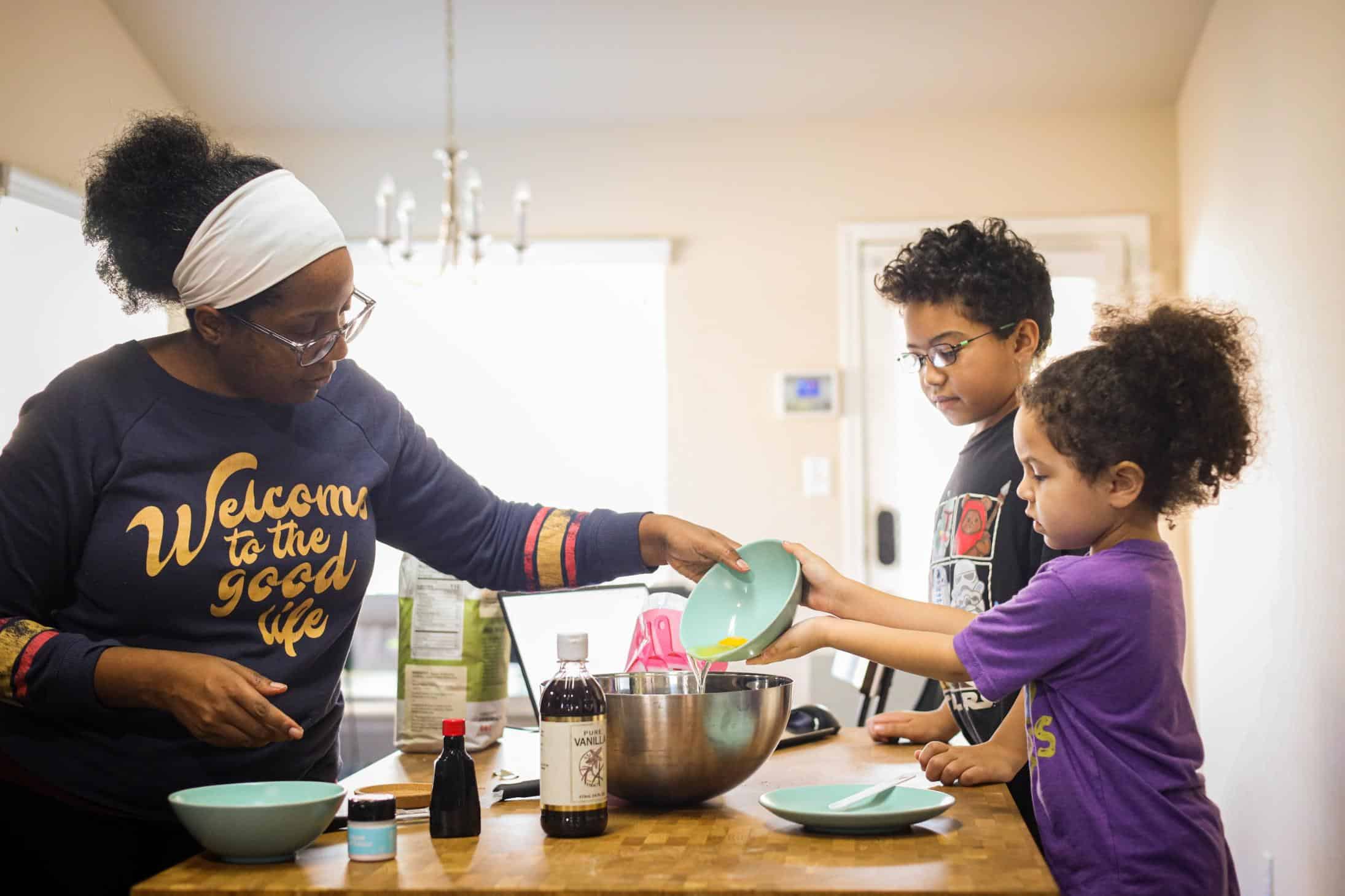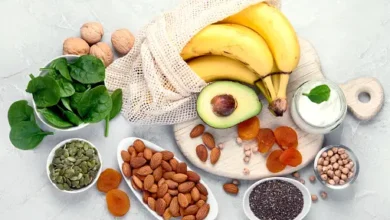Cooking with kids – how to get them involved

Cooking isn’t just an essential life skill—it’s a potential avenue for learning, creativity, and fun. When children participate in preparing meals, they not only gain an appreciation for the effort that goes into creating dishes, but also experience the joy of creating something themselves. They acquire new knowledge and skills, boost their self-esteem, and often become more willing to try new foods.
Laying the Groundwork: Preparing for the Experience
The kitchen can be an exciting place for kids, filled with interesting gadgets and delightful smells. However, it’s essential to create a safe, kid-friendly environment before embarking on any culinary adventures. Remove any hazardous items from reach and ensure all cooking surfaces are safe and secure. Kids’ tasks should align with their age and abilities: young ones can wash vegetables, stir ingredients or use cookie cutters, while older children might chop ingredients under supervision or follow a recipe.
Fun and Engaging Recipe Ideas
To keep kids interested, it’s crucial to begin with simple, engaging recipes. Start with something playful, like pancakes in funny shapes or personalized mini pizzas. As children become comfortable with the basics, encourage them to experiment with more complex recipes. Baking is often a hit because it allows for creativity—think decorating cupcakes or making cookies in various shapes.
The Teachable Moment: Incorporating Educational Aspects
Cooking is replete with opportunities for learning. Even the most basic tasks can help children build important skills: they can improve their hand-eye coordination when cracking eggs or stirring batter, learn about different ingredients and their origins, and begin to understand measurements and conversions. Older children might discuss the science behind cooking—why bread rises, for instance, or what happens when you heat sugar.
Fostering Healthy Eating Habits
Cooking at home offers a unique chance to encourage healthy eating. It’s the perfect time to introduce children to a variety of fruits, vegetables, and whole grains. When children have a hand in preparing food, they often feel more excited about trying new flavors. This hands-on experience not only helps broaden their palate but also makes them more aware of the nutritional value of food, fostering a lifelong appreciation for healthful eating.
Conclusion: Making Cooking a Regular Family Activity
Transforming cooking from a chore into a cherished family ritual has numerous benefits. It fosters a sense of togetherness, imbues children with a sense of accomplishment, and encourages creativity. Additionally, it instills valuable skills and knowledge that children will carry into adulthood. By cooking with kids today, you’re not just making dinner—you’re also making memories that will last a lifetime.








